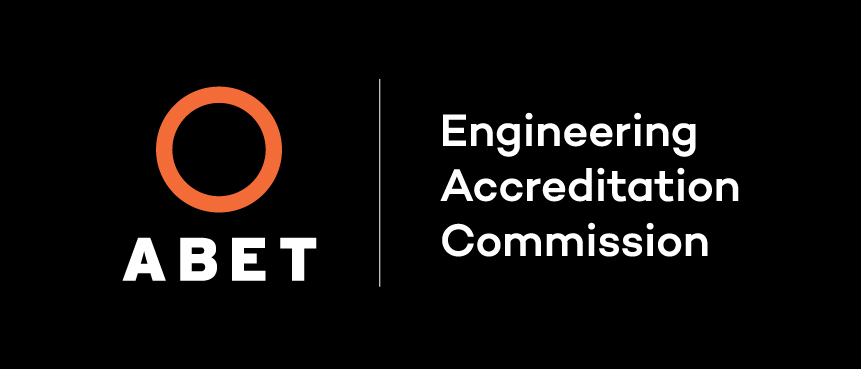
Accreditation
 The Bachelor of Science in the Civil Engineering program is accredited by the Engineering Accreditation Commission of ABET, https://www.abet.org, under the General Criteria and the Civil and Similarly Named Engineering Programs Program Criteria.
The Bachelor of Science in the Civil Engineering program is accredited by the Engineering Accreditation Commission of ABET, https://www.abet.org, under the General Criteria and the Civil and Similarly Named Engineering Programs Program Criteria.
Clemson University Enrollment and Graduation Data
Program Educational Objectives
We will provide our students with a quality civil engineering education founded in technical and professional skills development with a global perspective. The program will emphasize creativity, vision, teamwork, and environmental awareness. We will adapt to the changing needs of the students, the state, the engineering profession, and society by generating, disseminating, and applying knowledge in the field of civil engineering.
Graduates of our undergraduate program will:
- Develop a professional platform to provide leadership in the expanding field of civil engineering to meet 21st-century infrastructure and environmental challenges at the local, regional, national, and global levels.
- Be leaders in their profession through achieving professional licensure, developing innovative and cross-disciplinary solutions, providing meaningful service, and participating in cutting-edge research.
- Pursue a strategy of continuous learning and professional development.
Approved by Civil Engineering Faculty February 10, 2020.
Student Learning Outcomes
Our civil engineering graduates will demonstrate the attainment of the following outcomes:
- an ability to identify, formulate, and solve complex engineering problems by applying principles of engineering, science, and mathematics
- an ability to apply engineering design to produce solutions that meet specified needs with consideration of public health, safety, and welfare, as well as global, cultural, social, environmental, and economic factors
- an ability to communicate effectively with a range of audiences
- an ability to recognize ethical and professional responsibilities in engineering situations and make informed judgments, which must consider the impact of engineering solutions in global, economic, environmental, and societal contexts
- an ability to function effectively on a team whose members together provide leadership, create a collaborative and inclusive environment, establish goals, plan tasks, and meet objectives
- an ability to develop and conduct appropriate experimentation, analyze and interpret data, and use engineering judgment to draw conclusions
- an ability to acquire and apply new knowledge as needed, using appropriate learning strategies
